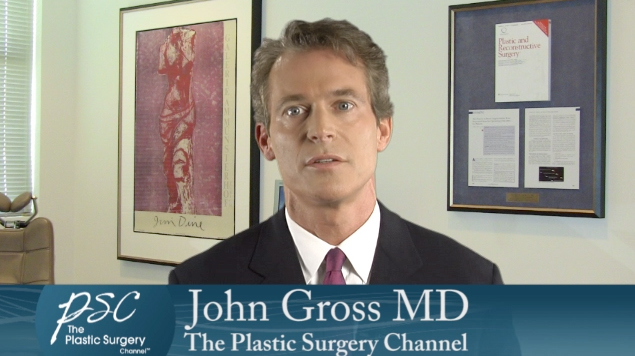
By Carolynn Grimes
ThePlasticSurgeryChannel.com
Don’t gamble on your plastic surgery. Finding the right doctor for your procedure should not be something that’s taken lightly. In view of recent headlines around the world where patients go to doctors who are not qualified or perform surgeries in questionable facilities, patients need to take the process of choosing a plastic surgeon seriously.
Researching a doctor’s credentials needs to be a top priority when considering any plastic surgery procedure, says Dr. John Gross, a contributing member for ThePlasticSurgeryChannel.com. Dr. Gross, a board certified plastic surgeon from Pasadena, California explains the steps to find the right surgeon and the credentials you should look for.
The first step in choosing a plastic surgeon is make sure your surgeon is board certified in plastic surgery.
Dr. Gross says, “In many states, surgeons and sometimes doctors without any plastic surgery training can perform plastic surgery procedures without ever having any formal training.” He says, board certification in plastic surgery does the discriminating for you and makes sure your plastic surgeon has the appropriate background, training and credentials to do your procedure.

What does it mean to be an accredited facility?
Accredited facilities are required to adhere to strict rules and regulations. They must have certain life saving equipment, strict safety procedures, and the right drugs and anesthesia on hand to treat patients.
Once you find a surgeon and a facility, Dr. Gross says step three is make sure you choose a surgeon you feel you can communicate with. “Someone who will ask what’s important to you, listen to you, and do a thorough examination,” says Gross.

Gross says, “Many times your surgeon may present you with some options you have not thought of.” He says, “Communication is the final key to getting the best outcome for your plastic surgery procedure.”














Facebook
Twitter
Instagram
YouTube
RSS